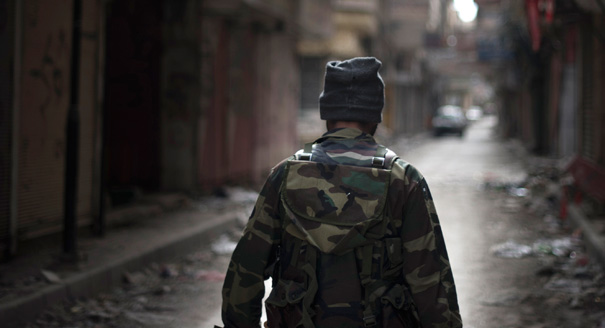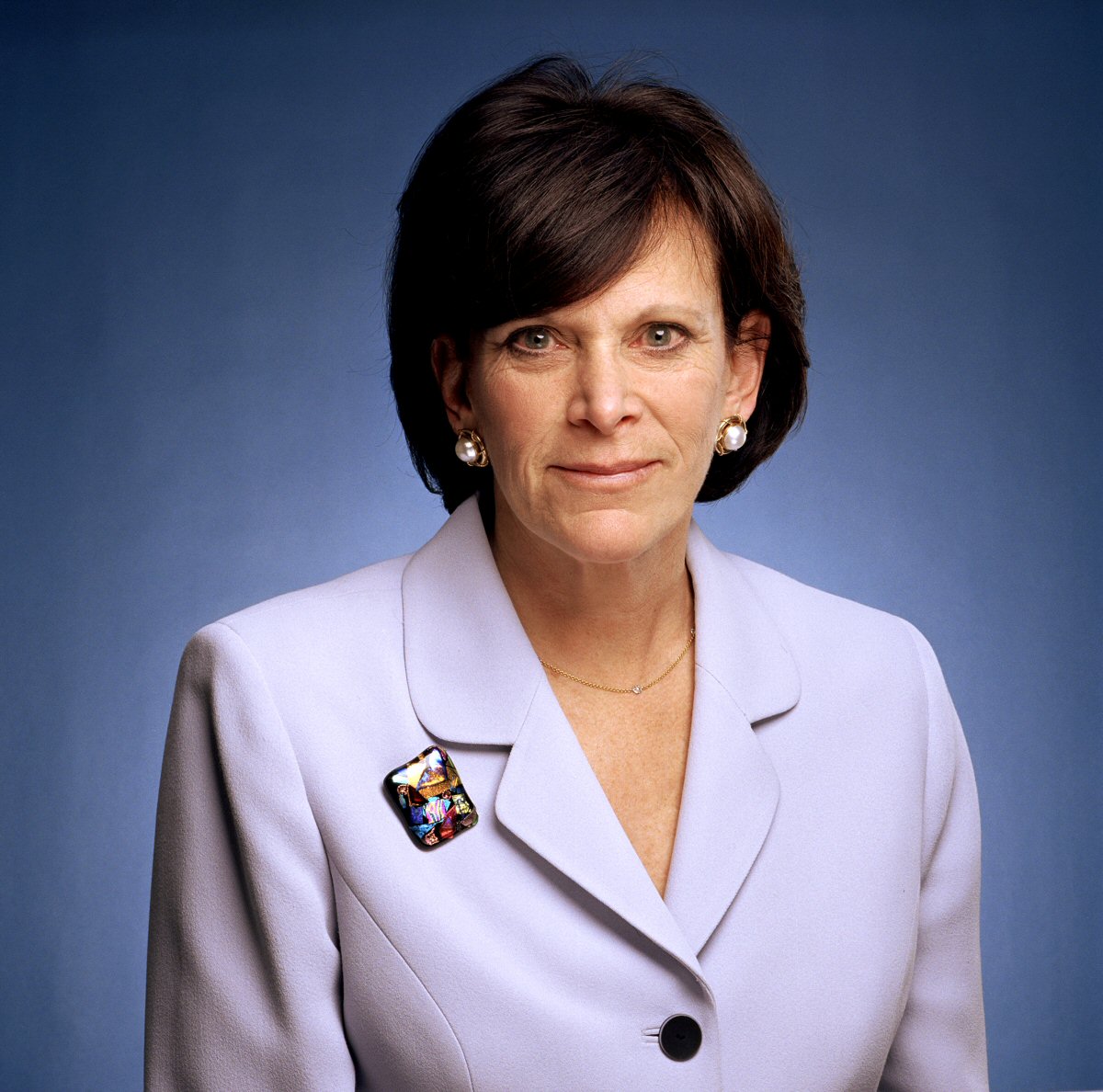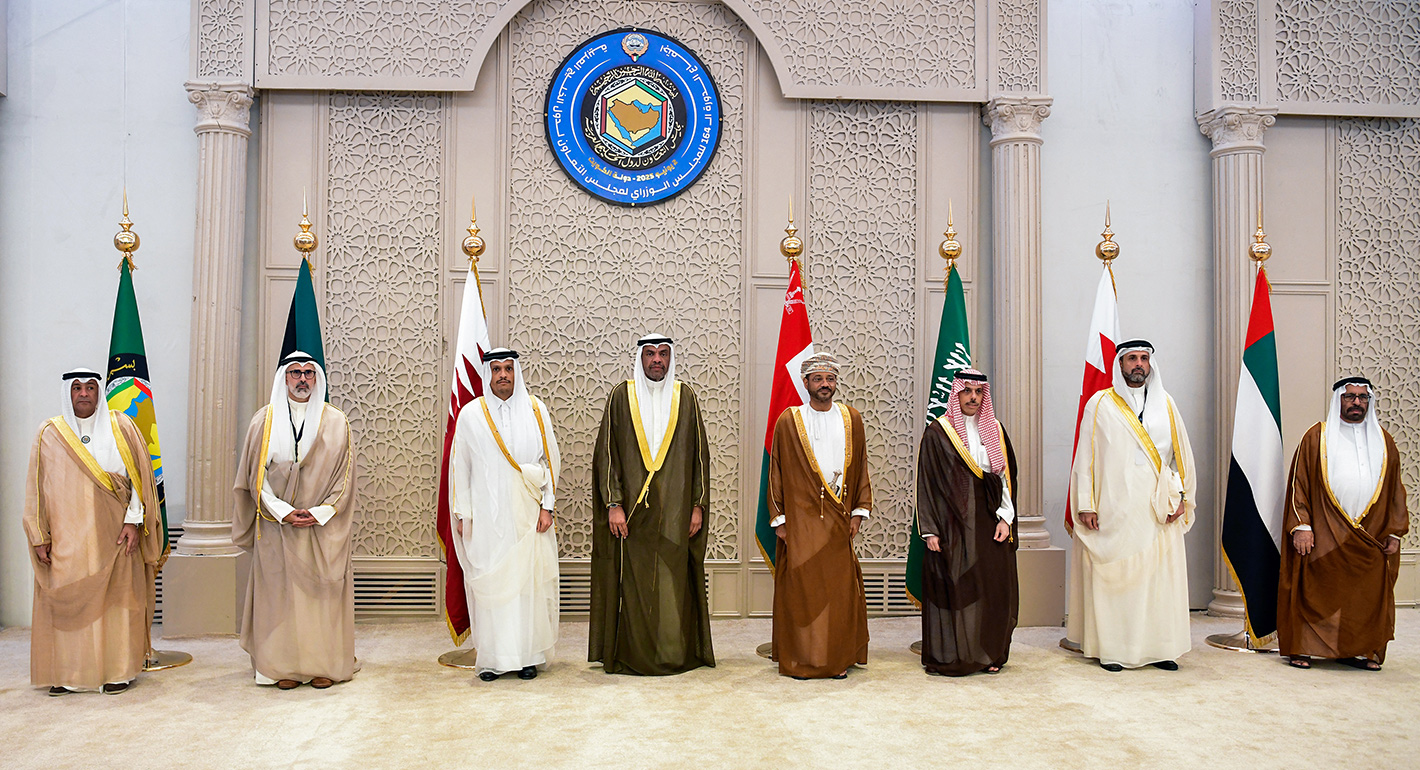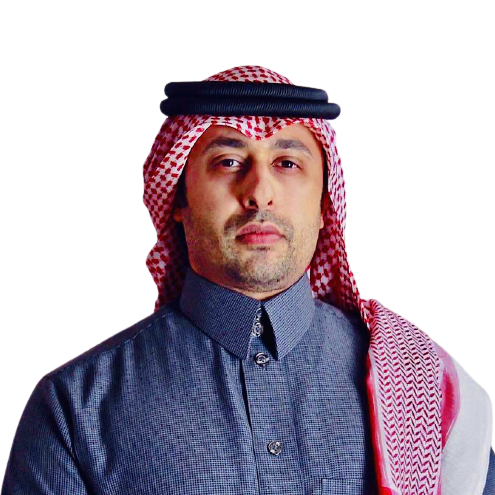Jessica Tuchman Mathews
{
"authors": [
"Jessica Tuchman Mathews"
],
"type": "legacyinthemedia",
"centerAffiliationAll": "dc",
"centers": [
"Carnegie Endowment for International Peace",
"Carnegie China",
"Malcolm H. Kerr Carnegie Middle East Center",
"Carnegie Russia Eurasia Center"
],
"collections": [],
"englishNewsletterAll": "menaTransitions",
"nonEnglishNewsletterAll": "",
"primaryCenter": "Carnegie Endowment for International Peace",
"programAffiliation": "MEP",
"programs": [
"Middle East"
],
"projects": [],
"regions": [
"Middle East",
"Iraq",
"Syria",
"Gulf",
"Levant"
],
"topics": [
"Political Reform",
"Security"
]
}
Source: Getty
Is There an Answer for Syria?
The rapid rise of the Islamic State means core assumptions driving policy on Syria must be rethought.
Source: New York Review of Books
The glaring weakness in President Obama’s new Middle East strategy, unveiled on September 24 at the United Nations, is the lack of troops on the ground in Syria. In Iraq, the Kurdish peshmerga, a reformed and remotivated Iraqi army, and the Sunni tribes that played a major part in the success of President Bush’s surge can all be brought into the fight against ISIS. But in Syria—whose disintegration directly threatens the five nations on its borders and indirectly the entire region—there is no one. The Pentagon has made its timetable starkly clear: it has announced that it will take three to five months to identify and vet fighters from the Syrian opposition and another year to train them. What will happen, other than air strikes, in the interim?
No matter how seemingly intractable a problem, reexamining deeply buried core assumptions can sometimes point the way to a solution. The drastic shift in priorities for every country in the Middle East occasioned by the frighteningly rapid rise of ISIS over the past several months may have made it possible to do just that in Syria. Two assumptions that have steered policy from the beginning of the crisis—that the eventual outcome must hinge on whether Bashar al-Assad stays in power or goes, and that the framework of a political agreement must precede any cease-fire—ought now to be rethought.
Notwithstanding the appalling human cost of this war—now standing at 200,000 dead, three million refugees, and six million forced out of their homes—President Obama has clung (and may well have been wise to do so) to what he sees as the lesson of prior American military interventions abroad. He has insisted from the outset that the US not take the relatively easy step of deploying its immense power until there is at least the outline of a political agreement among the warring factions. He couldn’t find one, and neither could anyone else.
In August 2012, not long after former UN Secretary-General Kofi Annan stepped down as the international community’s special envoy on Syria, he and I shared a coffee break between airplane flights. Speaking with deep sadness, this consummate international negotiator said he’d never worked harder on a problem with less to show for it. Since then, the widely respected former Algerian foreign minister and international civil servant Lakhdar Brahimi has done the same, with the same result...
About the Author

Distinguished Fellow
Mathews is a distinguished fellow at the Carnegie Endowment for International Peace. She served as Carnegie’s president for 18 years.
- Washington Already Knows How to Deal with North KoreaIn The Media
- Trump Wins—and Now?Commentary
Jessica Tuchman Mathews
Recent Work
Carnegie does not take institutional positions on public policy issues; the views represented herein are those of the author(s) and do not necessarily reflect the views of Carnegie, its staff, or its trustees.
More Work from Carnegie Endowment for International Peace
- How Far Can Russian Arms Help Iran?Commentary
Arms supplies from Russia to Iran will not only continue, but could grow significantly if Russia gets the opportunity.
Nikita Smagin
- Is a Conflict-Ending Solution Even Possible in Ukraine?Commentary
On the fourth anniversary of Russia’s full-scale invasion, Carnegie experts discuss the war’s impacts and what might come next.
- +1
Eric Ciaramella, Aaron David Miller, Alexandra Prokopenko, …
- The Kremlin Is Destroying Its Own System of Coerced VotingCommentary
The use of technology to mobilize Russians to vote—a system tied to the relative material well-being of the electorate, its high dependence on the state, and a far-reaching system of digital control—is breaking down.
Andrey Pertsev
- Can the Disparate Threads of Ukraine Peace Talks Be Woven Together?Commentary
Putin is stalling, waiting for a breakthrough on the front lines or a grand bargain in which Trump will give him something more than Ukraine in exchange for concessions on Ukraine. And if that doesn’t happen, the conflict could be expanded beyond Ukraine.
Alexander Baunov
- Can the Gulf Cooperation Council Transcend Its Divisions?Article
Without structural reform, the organization, which is racked by internal rivalries, risks sliding into irrelevance.
Hesham Alghannam











